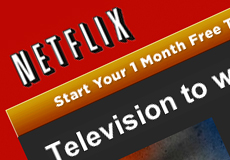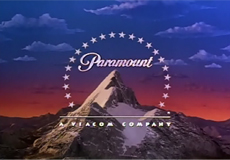Streaming: Is Netflix Popularity with Kids a Double-Edged Sword?
December 13, 2012
- In August 2011, Netflix launched its “Just for Kids” page, which features commercial-free age-appropriate content organized by “superheroes” and “princesses.” Recently, the streaming service signed a content deal with Disney for an estimated $300 million a year.
- “But Netflix’s popularity with children could be a double-edged sword,” the Wall Street Journal suggests. “Analysts say the streaming service could be undermining the very companies that supply it with most of its children’s television content, namely Disney and Viacom.”
- Sanford C. Bernstein analyzed TiVo data, finding that kids’ cable ratings were up 8.5 percent in the first quarter among viewers who didn’t stream content compared to the relatively small 0.4 percent uptick among those who did. “Disney ratings grew 11 percent for nonstreaming users and 6 percent for streaming users, while Viacom ratings grew 6 percent for nonstreaming users and only 2 percent for streaming users,” WSJ reports.
- “Bernstein says those trends have persisted through the year. And looking at an individual network tells the same story. From the end of 2011 through August 2012, ratings at Nickelodeon were up 11 percent among nonstreamers, compared with only 3 percent among streamers,” the article continues.
- Unlike Nickelodeon, Disney Junior and Disney XD ratings are rising. “But both channels are relatively new and are coming off a small base. And even there, Netflix appears to be having an effect,” the article states.
- “For Netflix, the risk is that Disney and Viacom demand significantly more for children’s content to make selling it worthwhile. In extremis, they could even decide to stop selling it to the streaming company.”



